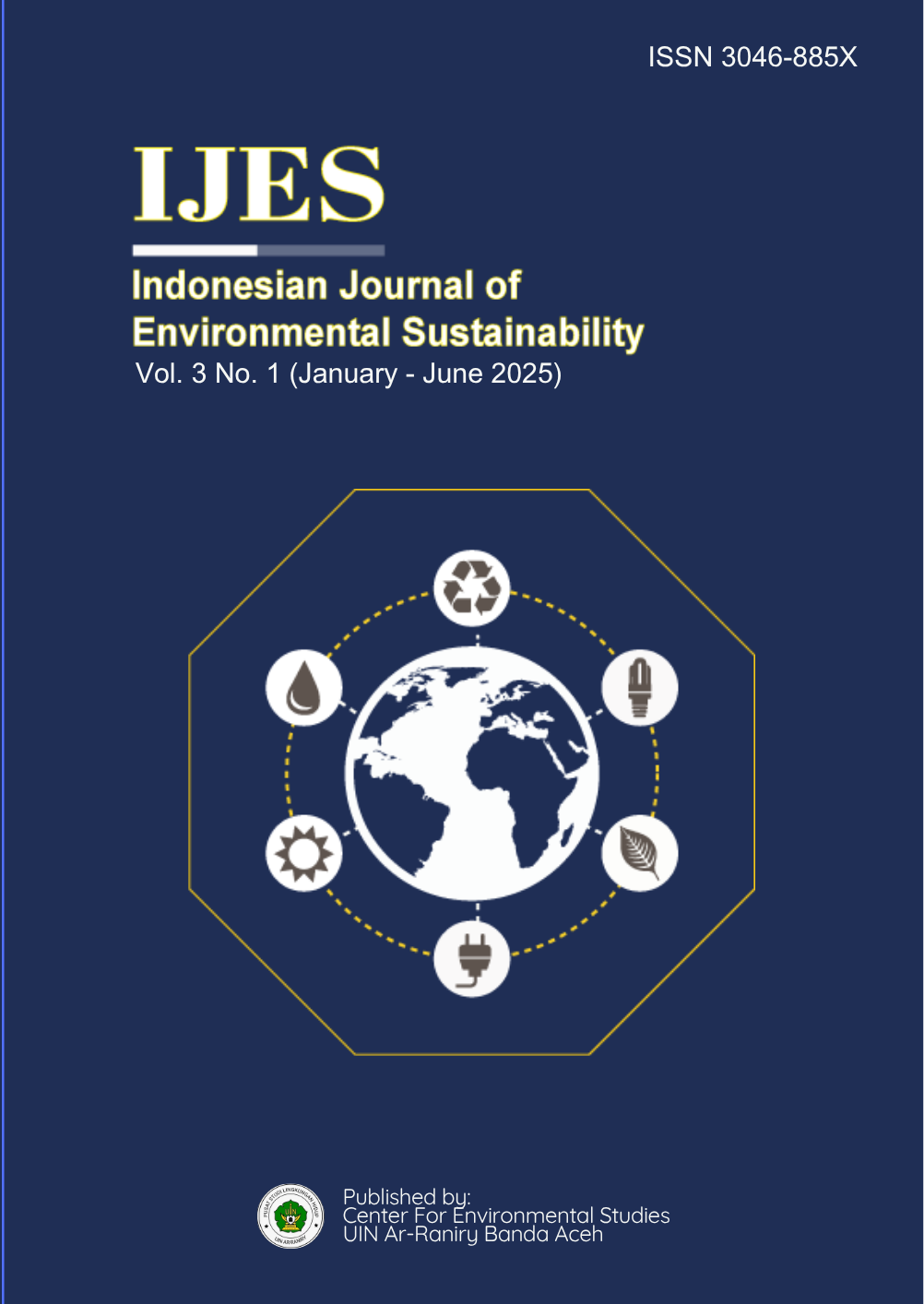RESISTANCE OF Aedes aegypti TO ORGANOPHOSPHATE INSECTICIDES IN MAGETAN DISTRICT, EAST JAVA, INDONESIA
DOI:
https://doi.org/10.22373/ijes.v3i1.7652Keywords:
Ae. aegypti, Organophosphate Insecticides, ResistanceAbstract
Dengue haemorrhagic fever (DHF) is one of the infectious diseases transmitted through the mosquito vector Aedes sp. Dengue disease management is still aimed at controlling the vector (Aedes aegypti) using organophosphate insecticides malation and temefos. In Magetan District, there is no report on the resistance of Ae. aegypti to organophosphate insecticides or mapping of Ae. aegypti resistance to these insecticides. The results of this research are determine the resistance of Ae. aegypti to organophosphate insecticides. The resistance system was established by biochemical test based on the activity of non-specific esterase enzyme against organophosphate insecticides in Magetan District using Arc GIS tool. The results of this study showed that Ae. aegypti in four working areas of Candirejo Health Centre from 14 villages 10 villages (71.42%) have been resistant to organophosphate insecticides, while in Taji from 11 villages 7 villages (63.63%) are resistant, in Plaosan 100% are resistant and in Ngujung from 7 villages, 3 villages (42.28%) are resistant. The use of insecticides for a long period of time is not effective in eliminating dengue fever vectors because it can cause resistance. Based on the results of this study, it is necessary to monitor and evaluate the use of insecticides in dengue vector control as a programme at the Magetan District Health Office, so that the right insecticide can be selected for Ae. aegypti control.
















